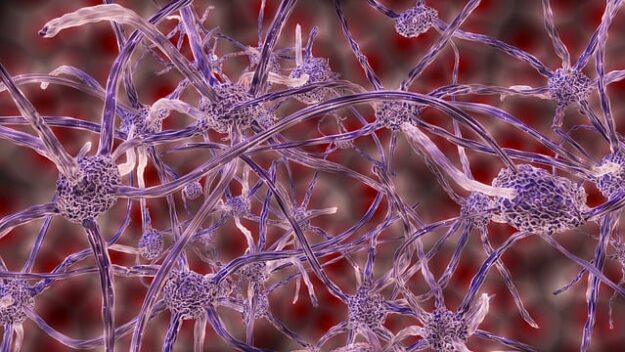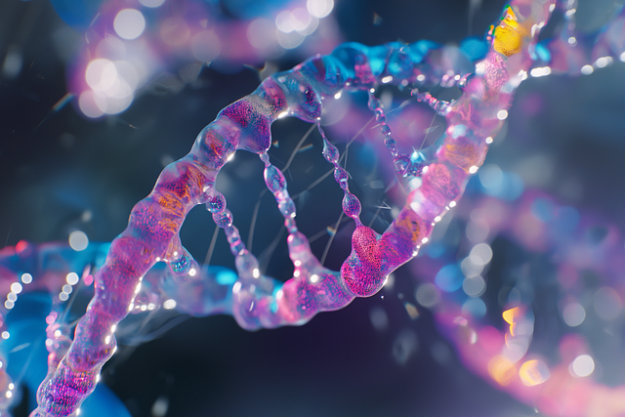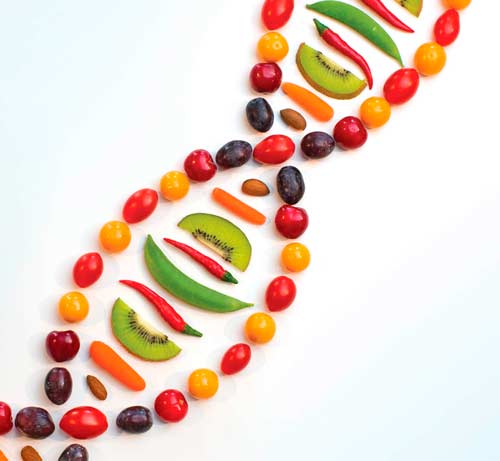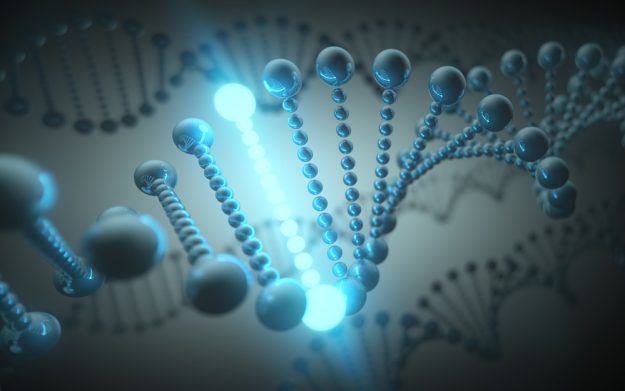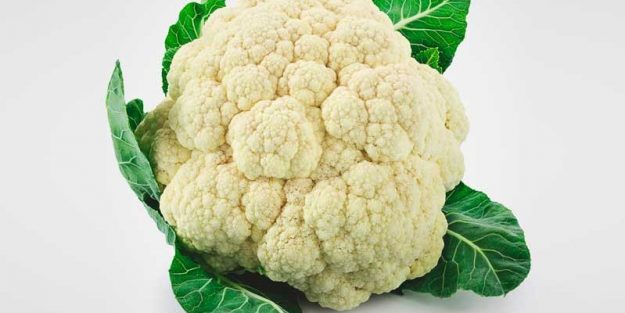MRAP2: The new protein that acts as a “hunger switch” and could change obesity treatment.
Scientists have discovered that the MRAP2 protein enhances the signal from the MC4R hunger receptor, opening a new avenue for combating obesity and protecting the brain. A key finding in appetite control Appetite is one of the most complex biological processes in the human body. It depends not only on willpower, but also on…


